- AI Weekly Insights
- Posts
- AI Weekly Insights #73
AI Weekly Insights #73
Smarter Chatbots, Premium Plans, and Creative Tools
Happy Sunday,
AI is getting more personal, more productive, and, honestly, a bit pricier. This week, in ‘AI Weekly Insights’ #73, we’re diving into OpenAI’s memory upgrade for ChatGPT, Anthropic’s bold new subscription model, Google’s AI podcasting magic, and Canva’s creative leap into code and data.
Ready? Let’s dive in!
The Insights
For the Week of 03/30/25 - 04/05/25 (P.S. Click the story’s title for more information 😊):
What’s New: OpenAI is rolling out a new memory feature for users that allows the AI to personalize responses by remembering users' past interactions.
More Context-Aware AI: This new upgrade enables ChatGPT to recall details from things you’ve talked about before, even those you didn’t ask it to save. Building on last year’s initial memory rollout, the chatbot now goes further by combining two types of memory: "saved memories," which you choose and manage, and "reference chat history," which the chatbot can reference on its own to improve how it responds. This feature is optional, so if you don’t want ChatGPT to remember anything, you can turn it off or use a temporary chat. This mirrors Google’s recent move to equip its Gemini AI with similar memory for more relevant replies.
Why It Matters: This update is a big step in making AI feel more like a smart assistant and less like a tool you start from scratch each time. The ability to reference not just facts but context across different sessions means ChatGPT can offer continuity in everything from managing long-term projects to remembering that you’re vegetarian when planning recipes. It adds a layer of emotional intelligence to make conversations feel smoother. For everyday users, it could make using AI feel more fun and engaging. But this also brings up important questions about trust and privacy. How much should an AI remember about us? OpenAI gives users control over what’s remembered, which is a good move. We’re entering a new phase of digital relationships where your AI might know you better than your coworker or even your calendar, and how we shape that relationship matters more than ever.
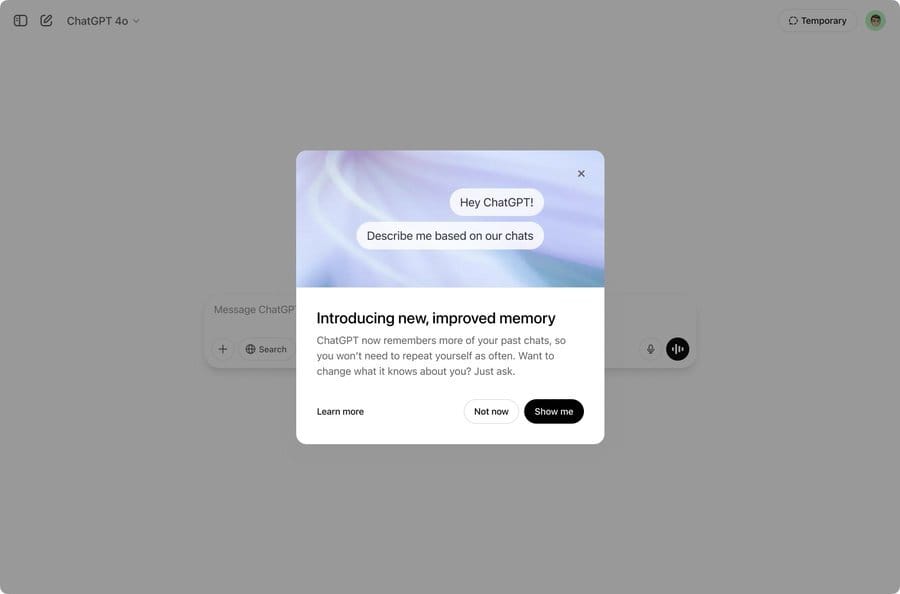
Image Credits: OpenAI
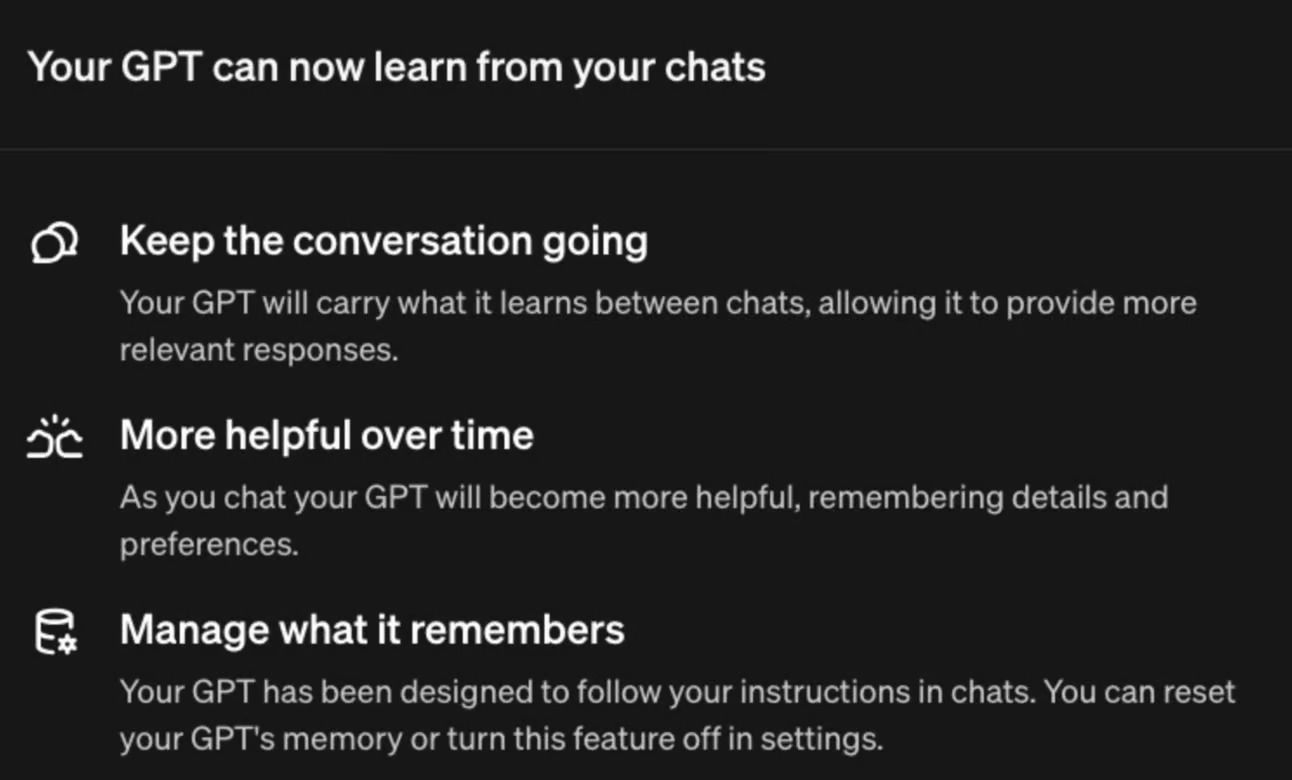
Image Credits: OpenAI
What's New: Anthropic has rolled out a new subscription called Claude Max for its AI chatbot, Claude. This premium plan gives users access to the newest AI models and much higher usage limits than the standard plans.
New Subscription Tiers: Claude Max comes in two pricing options: $100 and $200 per month. The $100 plan offers five times the usage of the regular Claude Pro subscription, while the $200 plan gives users 20 times the usage. This approach is similar to what OpenAI did with its ChatGPT Pro plan, which helped increase its revenue. Anthropic's product lead, Scott White, shared that the company is open to even higher-priced subscriptions in the future if users show interest. Additionally, Anthropic is targeting educational institutions with Claude for Education to explore new revenue avenues.
Why it Matters: Claude Max shows how AI companies are turning to premium subscriptions to help cover the high cost of building advanced AI systems. As these models get smarter and more powerful, they also become more expensive to create and maintain. By offering higher-priced plans, Anthropic hopes to attract users who need more from their AI tools and are willing to pay for it. These users often include researchers, startups, and power users who rely on consistent AI output. However, unlike ChatGPT and Gemini, Anthropic doesn't offer an unlimited usage plan, which could make it less attractive to some users. Still, with the release of powerful models like Claude 3.7 Sonnet, more people may see the value in these premium plans, especially in fields like education and professional research.
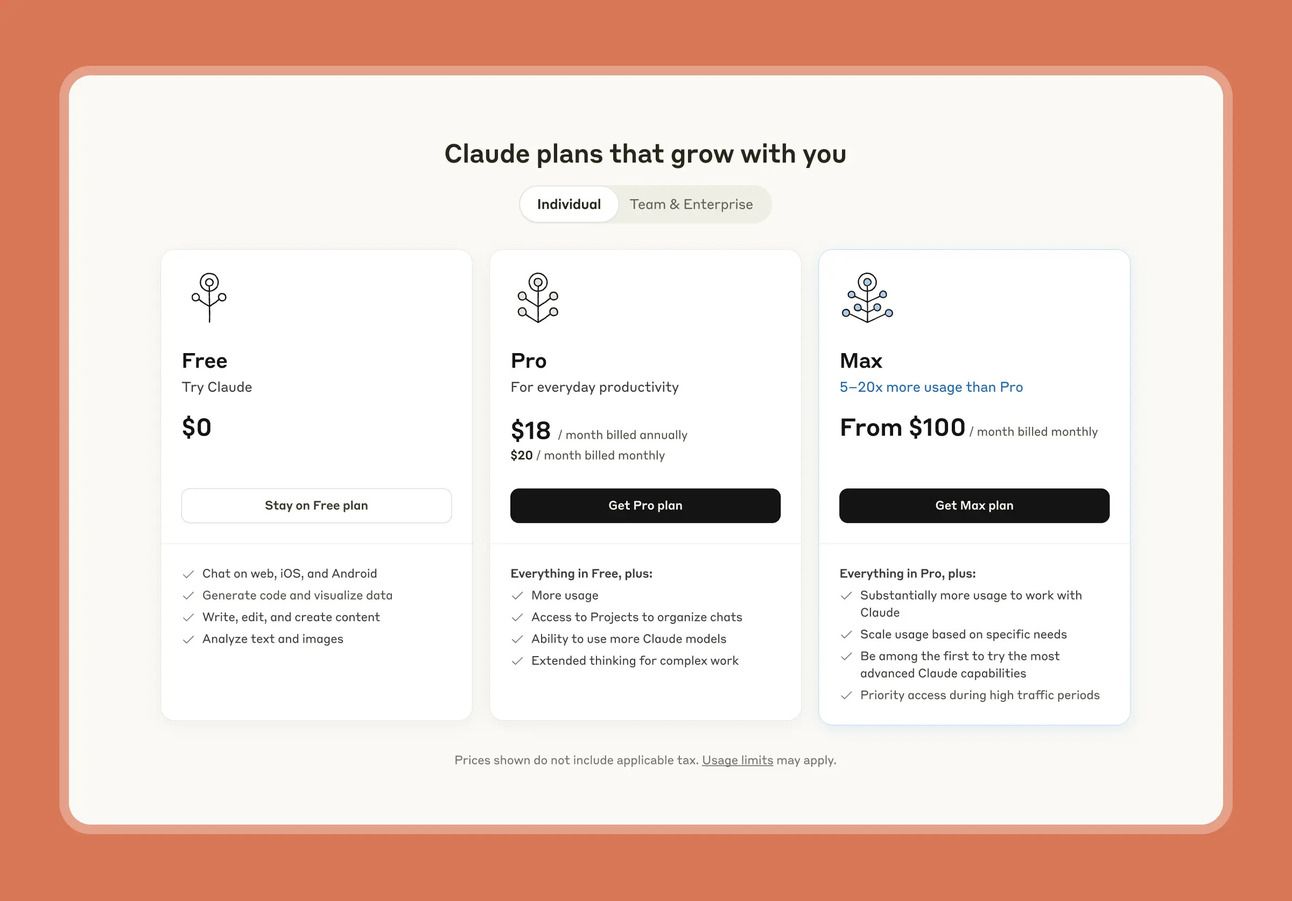
Image Credits: Anthropic
What's New: Google has introduced new Gemini features that convert Google Docs into AI-generated podcasts, enhancing its applications with audio and editing tools.
AI Audio & Editing: With this update, you can are able to turn a Google Docs document into a podcast, using AI-generated hosts. This feature initially started with a tool called NotebookLM and is now being added to other parts of the Google Suite. Additionally, Google Docs also has a new "Help me refine" feature that gives writing tips to improve your drafts. For Google Sheets, there’s a new "Help me analyze" tool coming later this year, which will help users spot trends and make sense of data more easily.
Why it Matters: These new features show how Google is working to put AI into tools people use every day. The podcast feature can help people who learn better by listening, and the editing and data tools can save time and boost productivity. Overall, these tools will not seem as helpful until people have a chance to try them out. As AI becomes more common in tools like Docs and Sheets, it also brings up questions about how much we rely on machines with certain tasks. At the same time, it opens up new ways to learn and share information, which could help both students and professionals across the board. By building these tools, Google is setting itself up to lead the way in how we use AI for everyday work.
What's New: Canva introduces a suite of AI features, including an AI assistant, app creation prompts, and spreadsheet support, to enhance its design platform.
AI-Driven Design Innovation: Canva's new AI assistant, Canva AI, can generate images, design ideas, and even write text. It also includes Canva Code, which allows users to create mini-apps like interactive maps or event schedules. This feature, developed in partnership with Anthropic, aims to make coding accessible and enhance the user experience. Additionally, Canva’s photo editor now has AI tools that let users change photo backgrounds or fix image issues, which puts it in competition with platforms like Adobe. For businesses, Canva Sheets now includes Magic Insights and Magic Charts, making it easier to understand data using info from tools like Google Analytics.
Why it Matters: AI is quickly becoming a central part of how we work, and Canva is making sure it’s more than just a buzzword. These tools can help both professionals and beginners get their work done more quickly and with less hassle. While some people are concerned about AI affecting jobs in creative fields, Canva's approach is to use AI as a helpful assistant, not a replacement. These tools also give people who haven't studied design or coding a chance to turn their ideas into real projects. For instance, a student could design a school presentation with professional polish, or a small business owner could put together marketing materials on their own. As AI becomes part of more apps, it’s worth thinking about how we can use it thoughtfully, in ways that support human creativity and problem-solving.
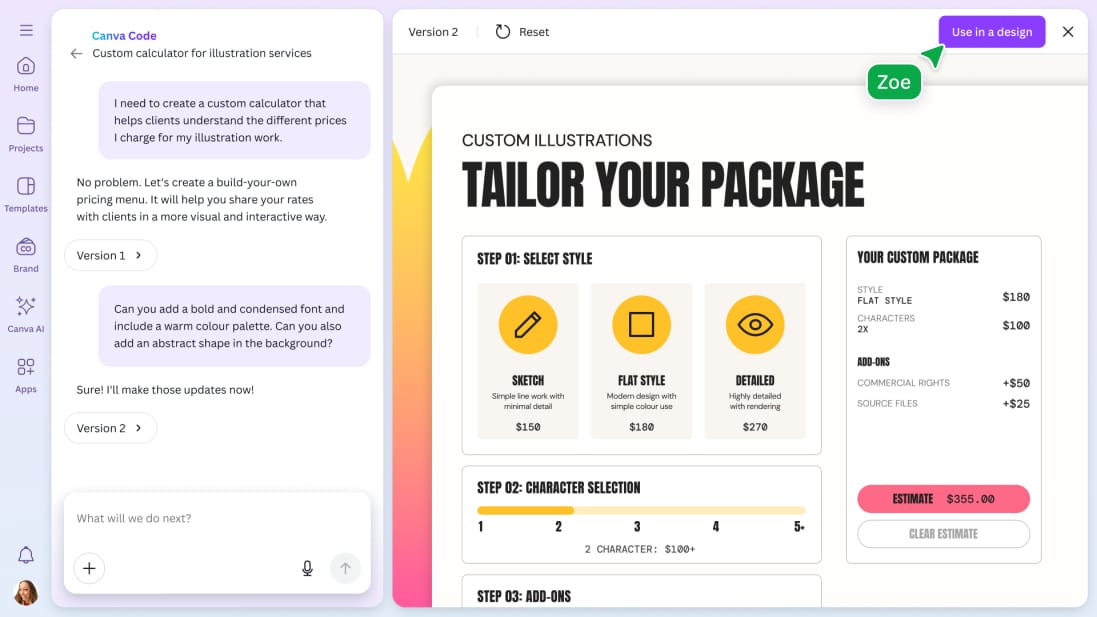
Image Credits: Canva
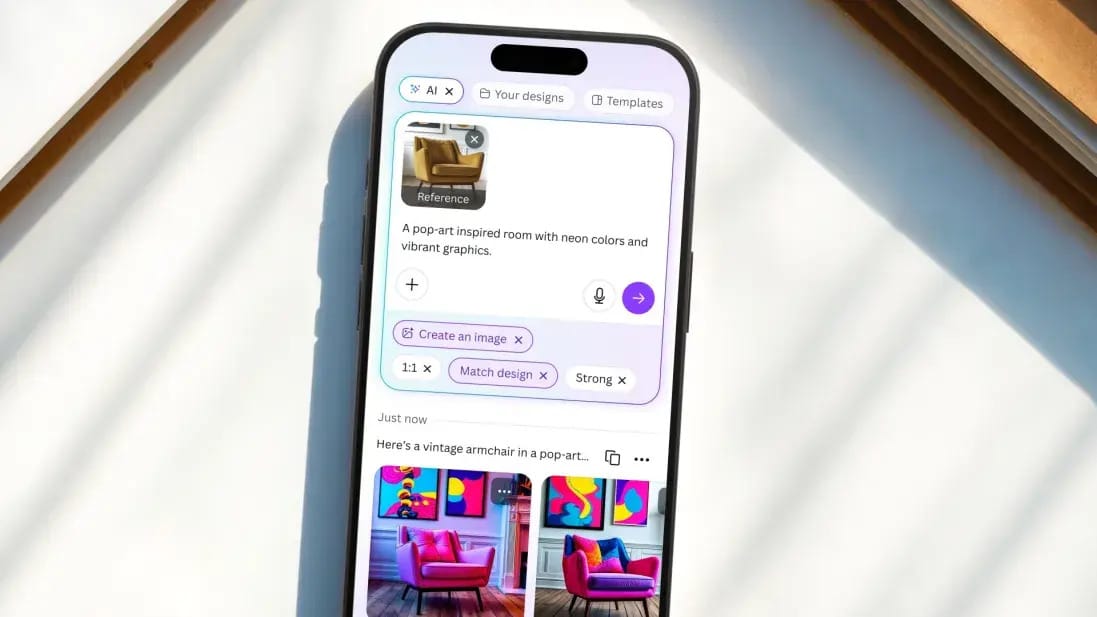
Image Credits: Canva
Thanks for joining us for another week of AI breakthroughs and bold ideas! Whether you're here to stay ahead, stay inspired, or just stay curious, we’re glad to have you along for the ride.
Catch you next Sunday, and until then keep exploring and imagining what’s possible.
Warm regards,
Kharee